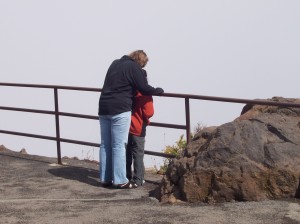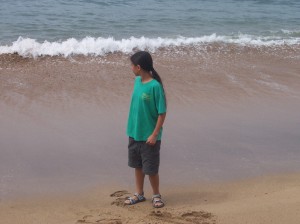Adoption
Counseling Adopted Children
Many adopted children report questions and concerns like “where I came from”, “who am I”, “what does it means to be adopted” and “why didn’t my birth parents keep me”? Even children adopted as infants may wonder, and have questions about their birth families, sometimes spoken and sometimes kept private. Children in foster-care or relative placement (sometimes a forgotten population) often struggle with significant grief, past trauma and a sense of belonging.
Adoptive parents may worry about bonding and attachment in their children. They may have questions concerning how to talk about adoption in their family or about raising children of a different cultural or ethnic origin from themselves. The importance of cultural identity has become a recent focus of books and discussions. First identified by Korean adoptees adopted by white parents who later wrote about their sense of loss of birth culture and identity confusion.
Reactive attachment disorder (RAD) is a rare, but serious condition in which infants and young children don’t establish healthy bonds with parents or caregivers. It is generally found in children who have experienced significant early abuse, neglect or disruptions in care. Children with RAD often have difficulties developing close attachments, appearing either overly fearful or unconnected, or overly friendly, without the usual history of relationship development.
Signs and symptoms of attachment difficulties in babies may include:
- Appearing withdrawn or sad
- Failure to smile or reach out when picked up
- Engaging in self-soothing behavior, such as rocking or self-stroking
- No interest in playing with toys
- Calm when left alone
In toddlers, older children and teens signs and symptoms may include:
- Withdrawing from others
- Aggressiveness towards peers
- Failure to ask for support or assistance
- Watching but not engaging in social interaction
- Hiding feelings of anger or distress
- Alcohol or drug abuse in teens
As an adoptive parent and therapist I have had many opportunities to speak with adoptees, adoptive parents and birthparents. In counseling adopted children I help children explore what it means to be adopted and help them understand feelings around grief and loss. I help parents and children communicate about adoption. Adopted children are often reluctant to talk about their feelings with their adopted parents for fear of hurting them. Adoptive parents may avoid bringing up the subject of adoption because of not knowing what to say, worries of touching on sensitive or sore places in their children, or their own insecurities about being an adoptive parent.
If you would like to learn more about reactive attachment disorder or adoption, tapestrybooks.com is a wonderful internet resource for anyone interested in information related to the subject of adoption and attachment.



